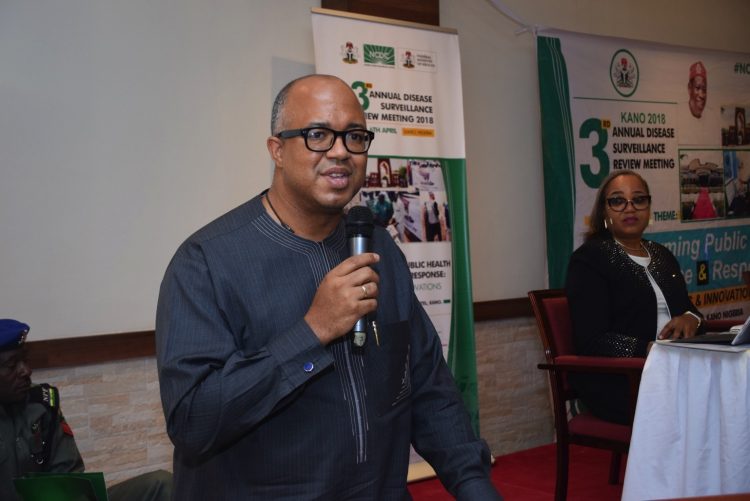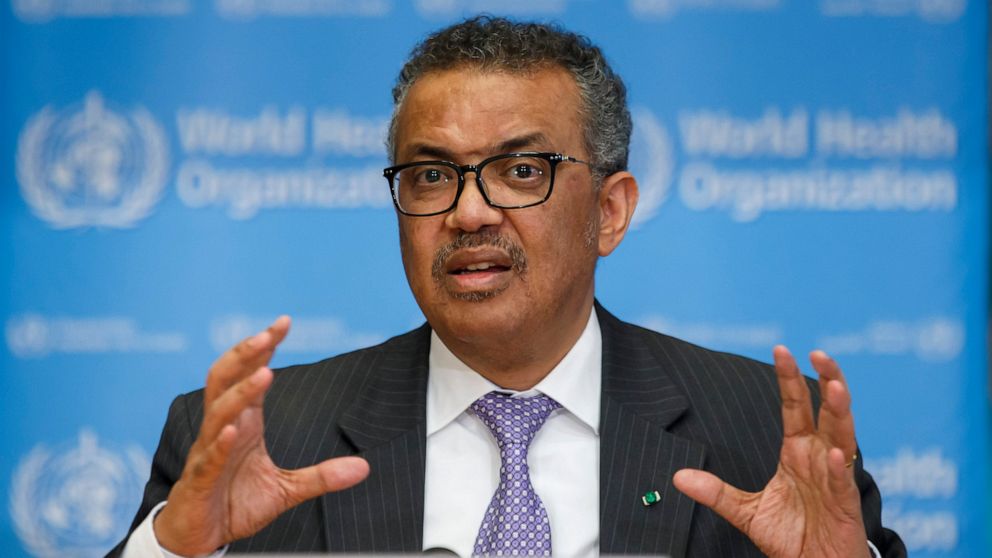Nigeria has reached a milestone, joining the United States of America (USA), the United Kingdom (UK) and a handful of other countries in the race for the deployment of 5G networks.
TheNewsGuru.com (TNG) reports this is as the Federal Executive Council (FEC), the highest decision making organ of the country, has approved the National Policy on Fifth Generation (5G) Networks for the nation.
The 5G Policy was approved at the Council meeting on Wednesday, following a presentation made by the Minister of Communications and Digital Economy, Isa Pantami.
The implementation of the National Policy is with immediate effect, TNG learnt.
TNG gathers that the National Policy has been developed over a period of 2 years, due to the need for extensive stakeholder engagement and the need to ensure adequate public awareness and sensitization.
Meanwhile, according to a statement by Dr Femi Adeluyi, Technical Assistant on Information Technology to Minister of Communications and Digital Economy, the stakeholder engagement was thorough and multi-sectoral in nature.
“It also took into account the report of the 3-month 5G trials that commenced on the 25th of November 2019.
“The report critically reviewed and studied the health and security implications of deploying 5G in Nigeria.
Leading international organisations such as the World Health Organisation (WHO) and the International Telecommunications Union (ITU), an organ of the United Nations, have confirmed that the deployment of 5G networks leave no adverse health effect and are safe,” the statement reads.
TNG reports 5G networks offer significant advantages over current technologies.
Some of its advantages include much lower latency, higher bandwidth, greater device density, longer battery life for nodes and greater network flexibility.
Several countries have already commenced the deployment of 5G and are enjoying its benefits.
These countries include the United States, United Kingdom, Republic of Korea, South Africa and Lesotho, to mention but a few.
The National Frequency Management Council (NFMC), chaired by Minister Pantami, will soon release spectrum to the Nigerian Communications Commission (NCC) for the Mobile Network Operators (MNOs) that meet all the required conditions.
The NCC, as the regulator of the telecommunications sector, will continue engaging stakeholders with a view to developing the regulatory instruments required for the successful deployment of the technology in Nigeria.




